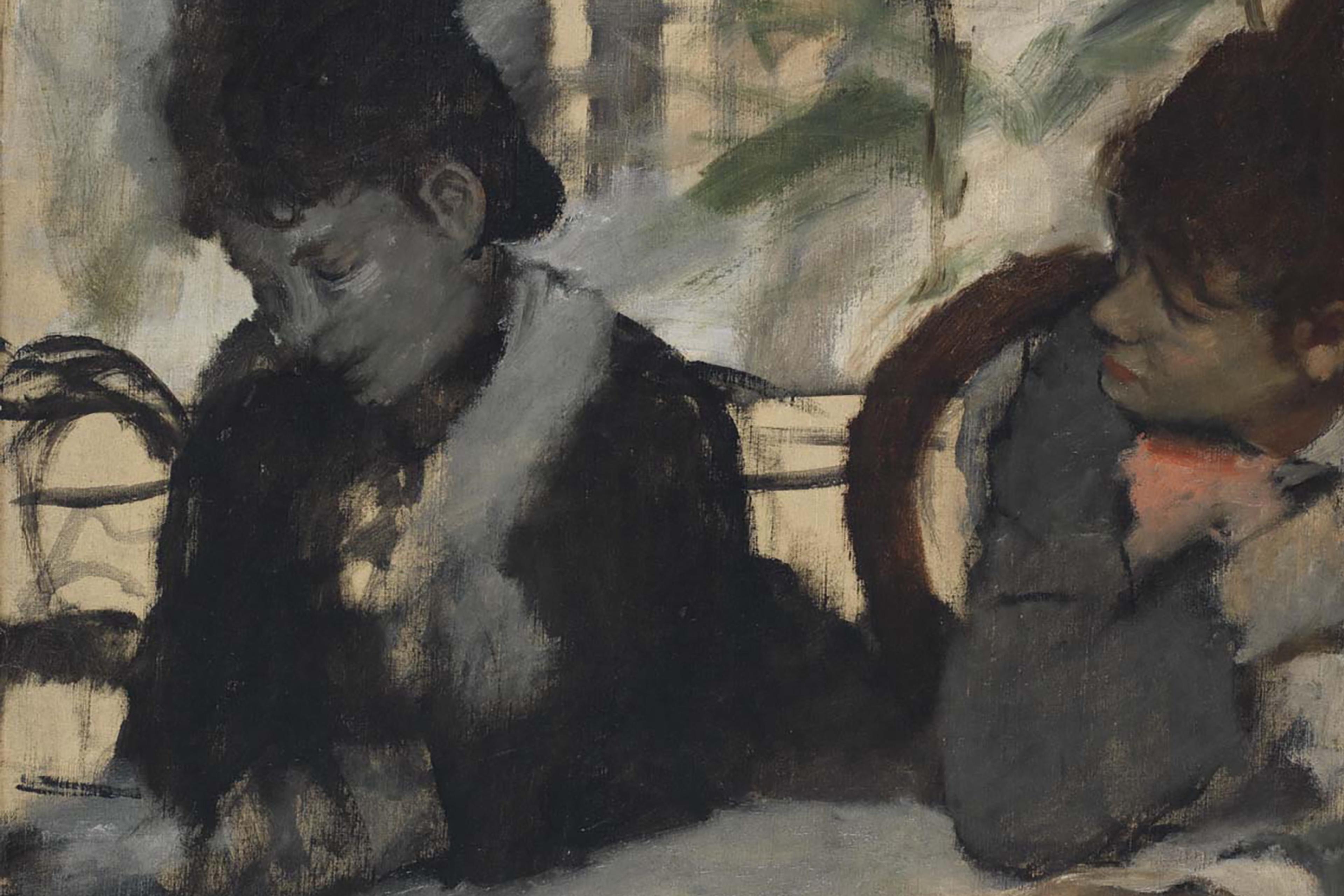
How to support a struggling friend
Sometimes it’s hard to know what to say or do. Use these five strategies for providing effective emotional support
by Elise Kalokerinos

Sometimes it’s hard to know what to say or do. Use these five strategies for providing effective emotional support
by Elise Kalokerinos
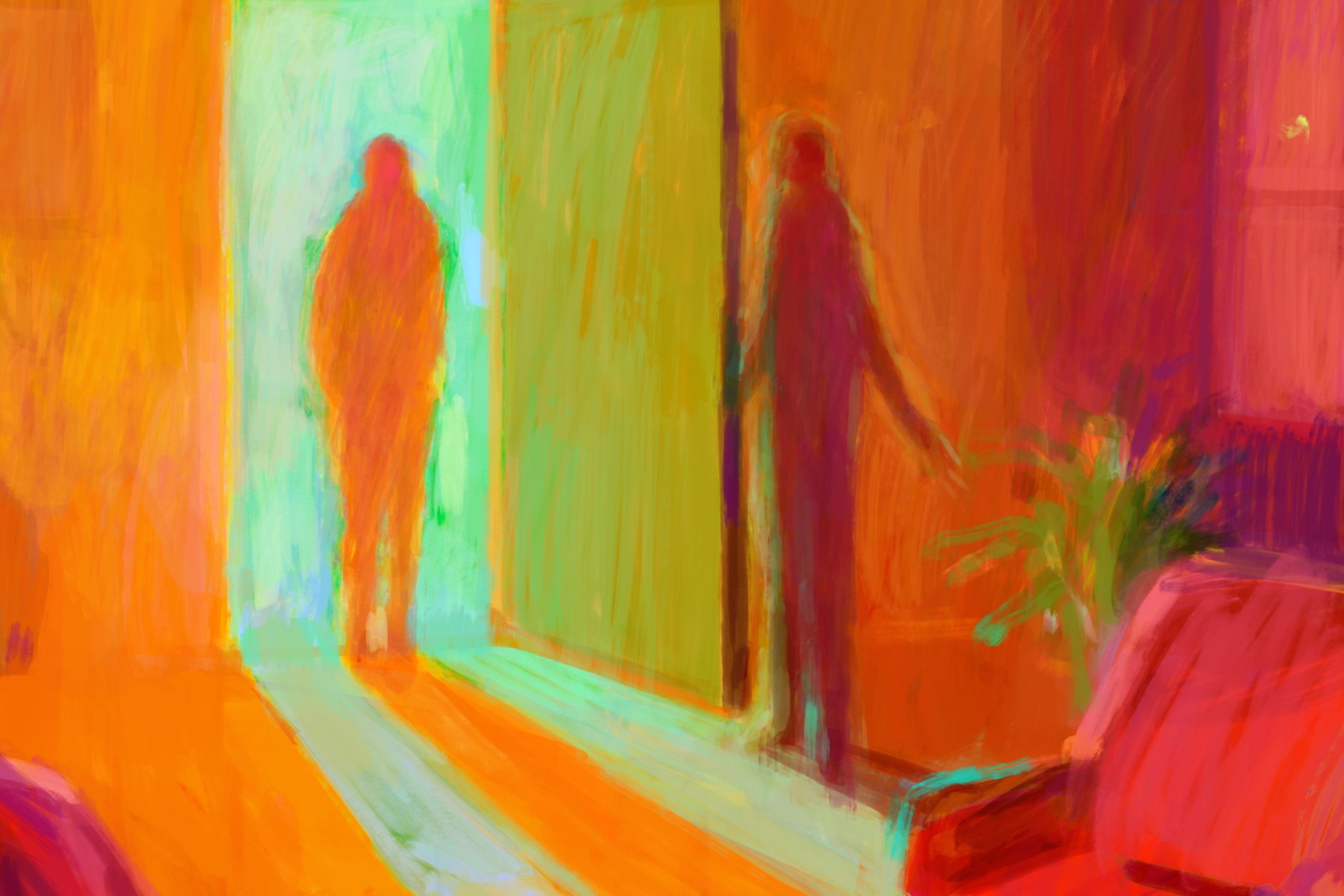
Whatever brings you to a therapist’s office, taking these proactive steps as you begin can help you make the most of it
by Rochelle Frank
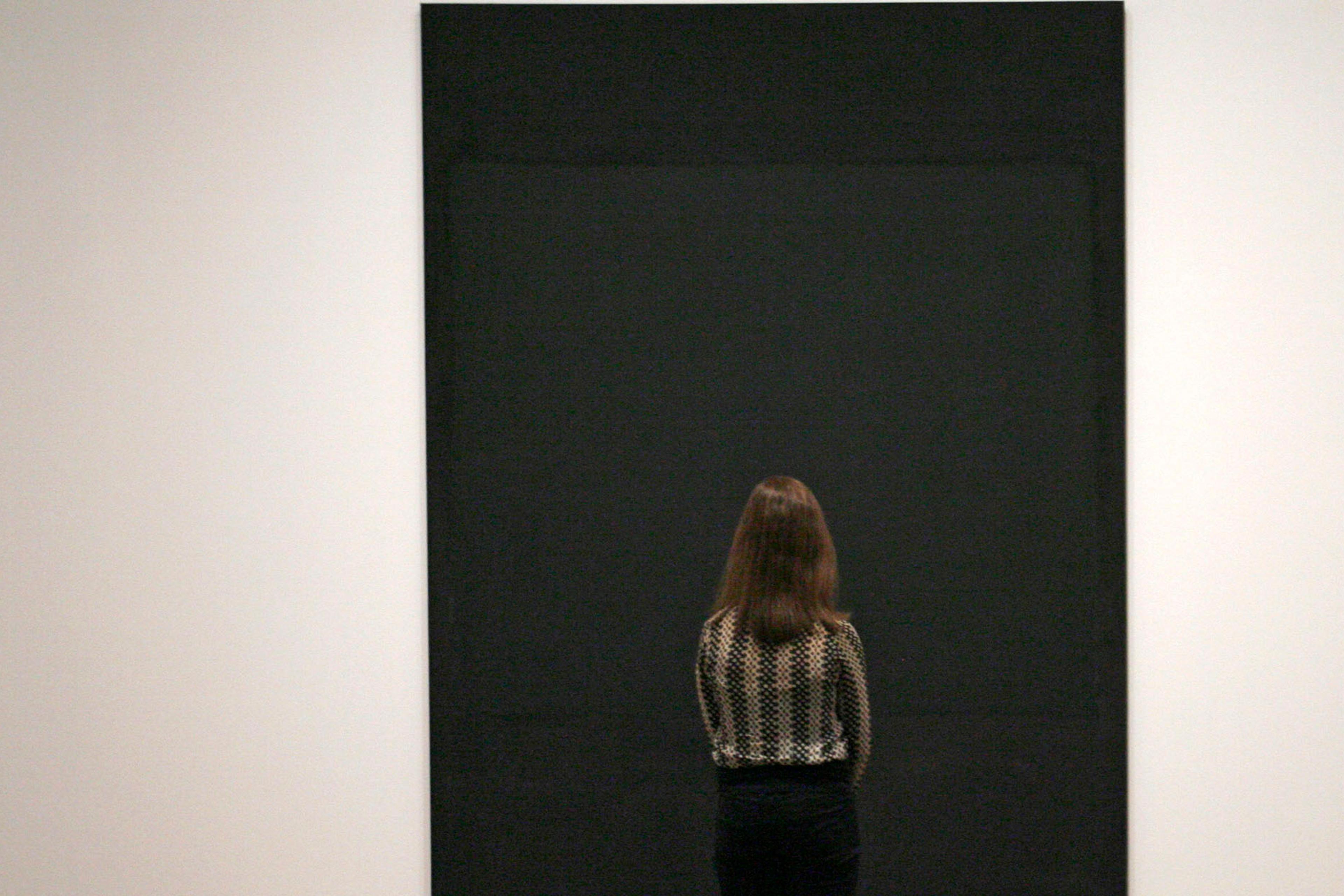
Emotional ‘emptiness’ is a damaging, underexplored phenomenon. Better understanding it could help steer people to fulfilment
by Christopher J Hopwood

Anybody can call themselves a life coach, and then offer what amounts to serious therapy. Should life coaching be regulated?
by Elias Aboujaoude
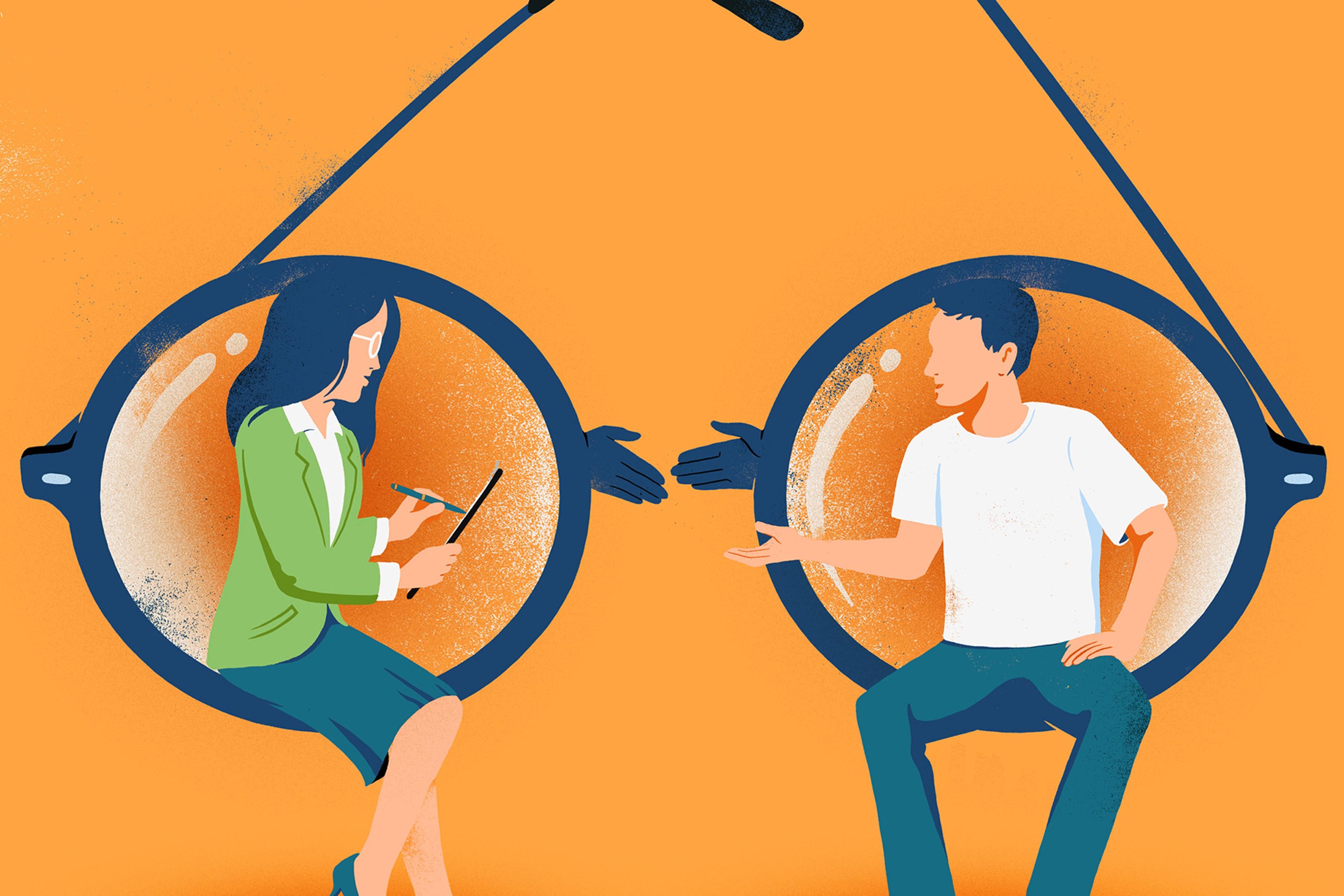
It’s time for change but who should you see? The choice can be baffling but asking the right questions will make it clearer
by Kate Smith

I suffered from PTSD for 10 years without knowing it. Psychodynamic therapy set me free
by Lucia Osborne-Crowley
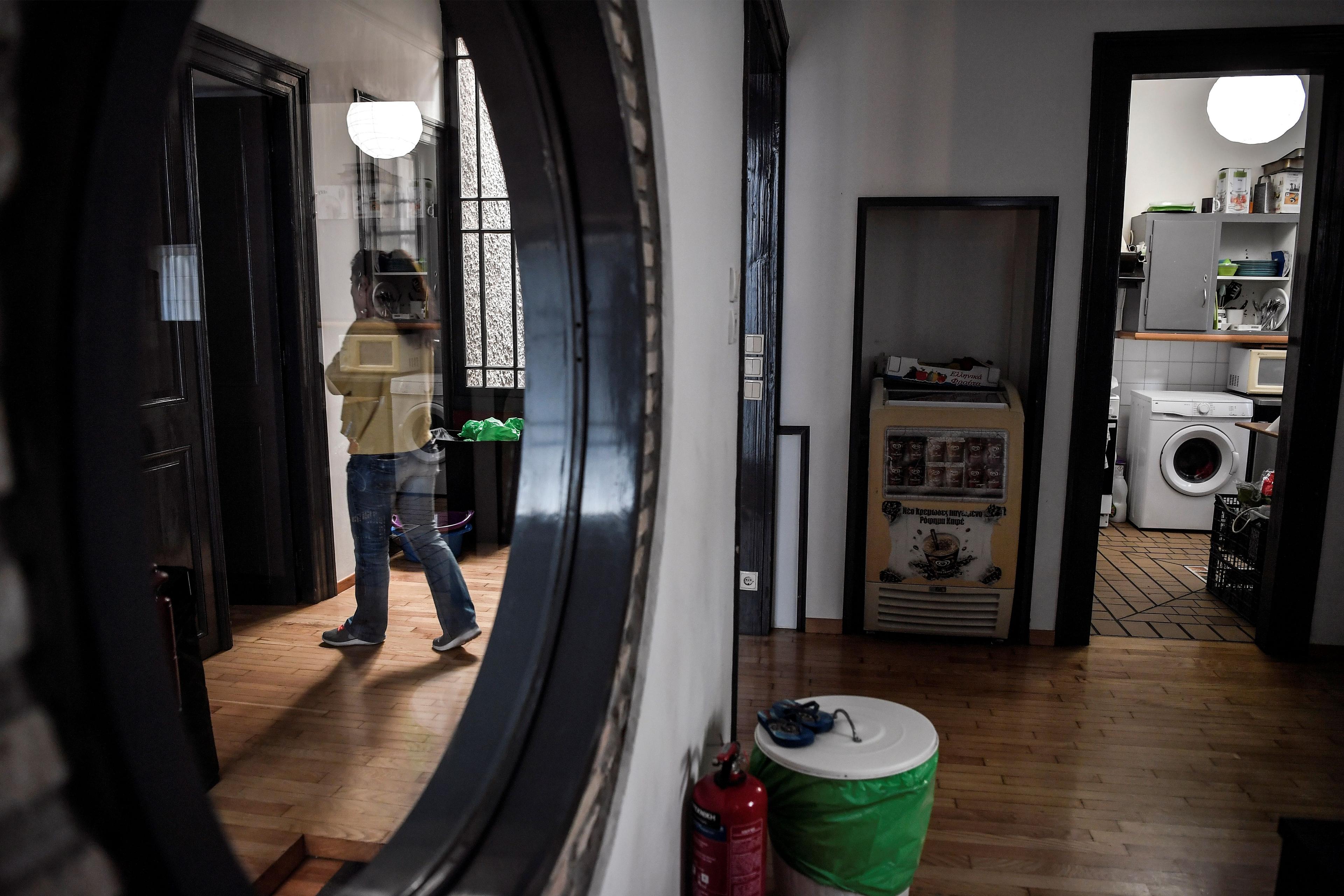
Navigating disruptions in shared reality can be distressing. The way forward isn’t intuitive but is powerfully effective
by Akansha Vaswani-Bye

As a resident tutor, I’ve seen how students are using AI as more than a tool. It’s a psychological shift we’ll soon all make
by Rhea Tibrewala
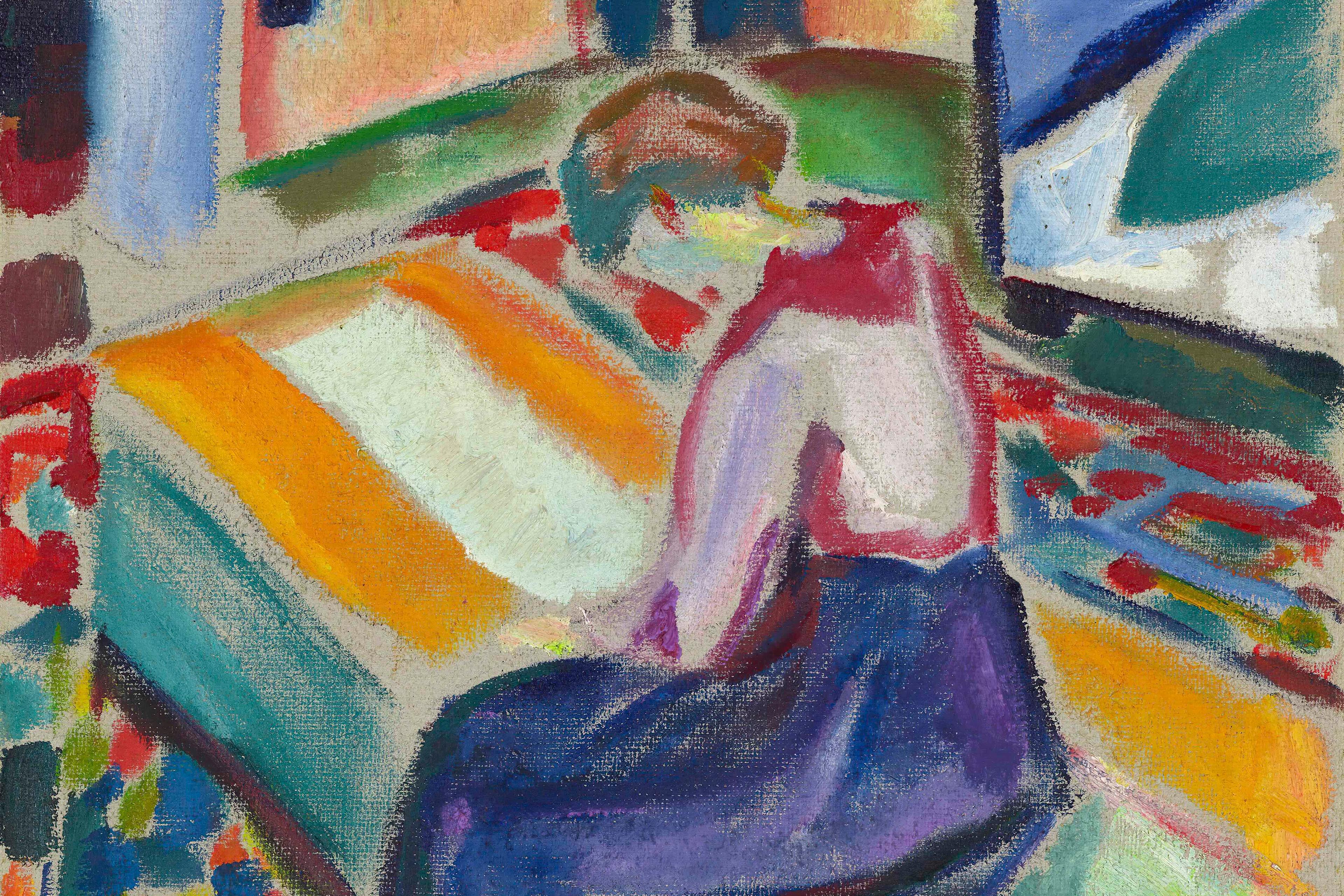
Two therapy memoirs by Lucy Freeman, an overlooked mental health pioneer, remind us of the value of slow, convoluted therapy
by Elliot Jurist

To improve psychotherapy, researchers are looking beyond what happens in a session to learn exactly how change is achieved
by Ciarán O’Driscoll
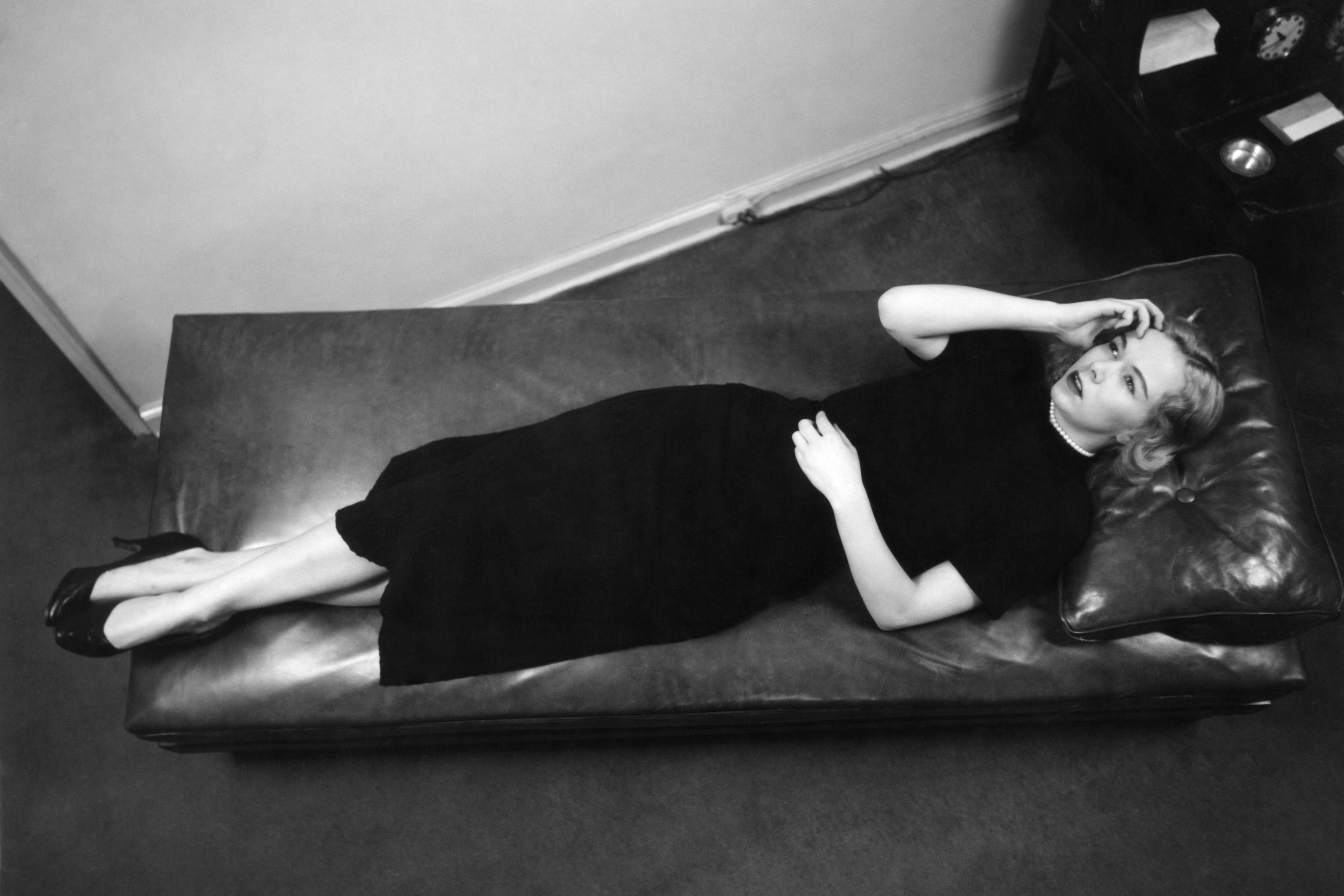
What does successful psychoanalysis look like? I’d read all around Freud and I didn’t know, but then neither did my analyst
by Lisa Levy

The physical and mental health of patients are deeply intertwined. GPs are best-placed to help, but they need more time
by Mariam Tokhi

Helping my clients probe their unspoken wants creates a space of freedom to express the possibilities that lie dormant
by Charlotte Fox Weber
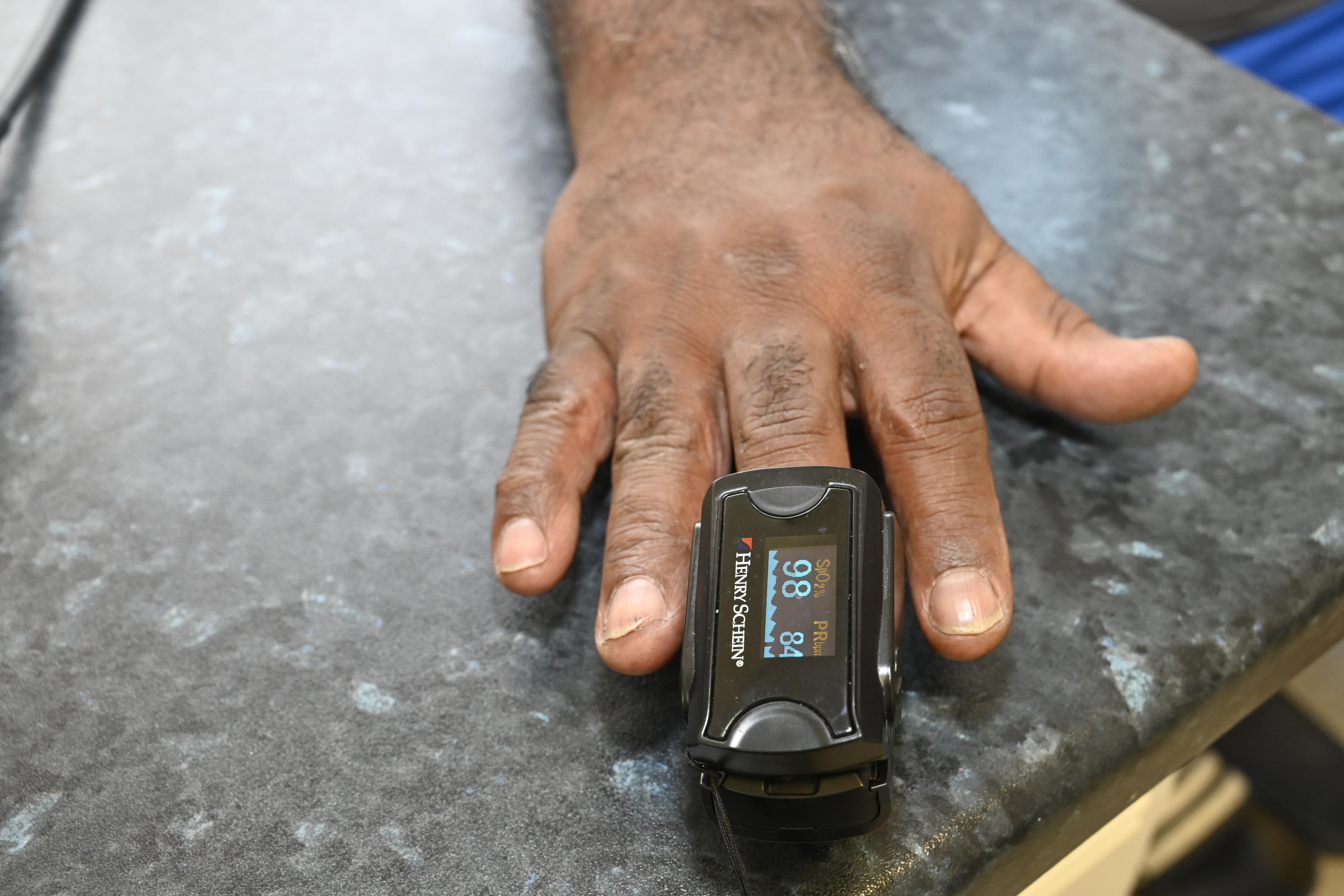
Oppression can get built into anything, including medical devices. How do they influence us, and what can we do about them?
by Vanessa Carbonell & Shen-yi Liao

When a patient poses a binary question, it’s tempting to give a straight answer, but they are often seeking so much more
by Darren Haber
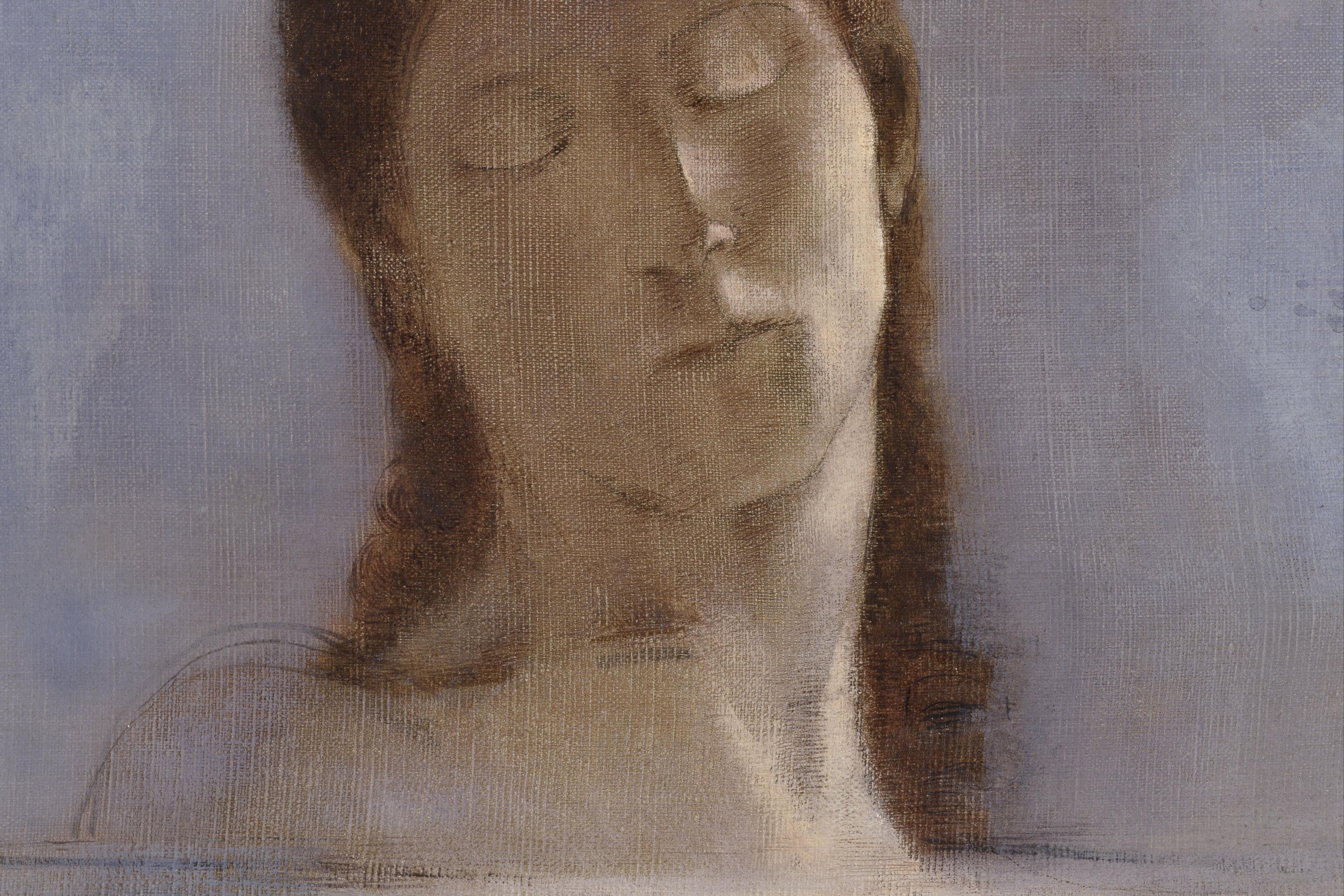
Even experts can be confused about clinical hypnosis. So here’s all you need to help decide if you might benefit from it
by Eric Spiegel